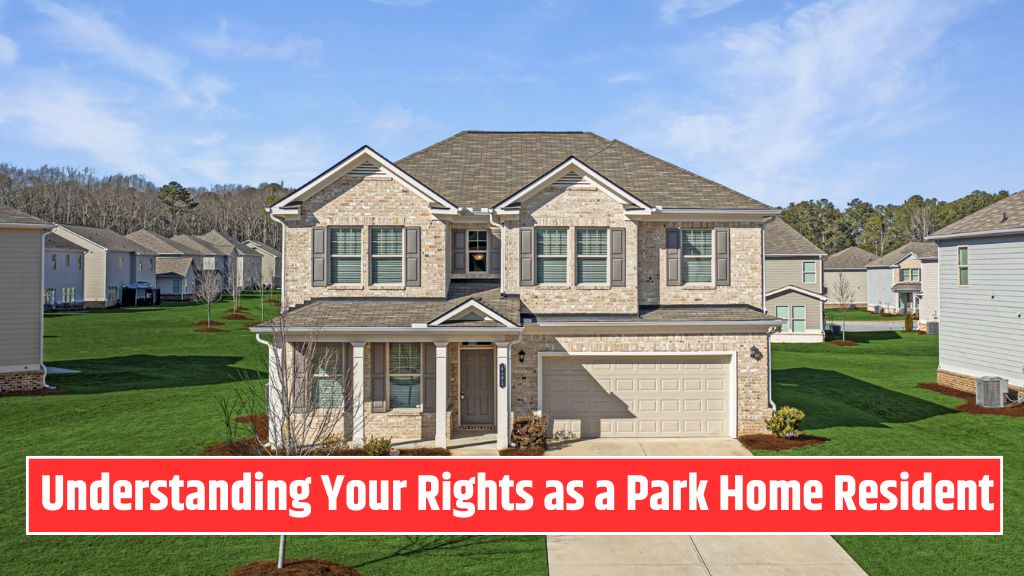When renting a property, both landlords and tenants have specific responsibilities for repairs and maintenance. Understanding who is responsible for what can help prevent conflicts and ensure the property remains in good condition.
Landlord Responsibilities for Repairs
Your landlord is legally responsible for repairing key parts of the property, including:
1. The Property’s Structure and Exterior
This includes walls, roofs, windows, doors, and external pipes to maintain the overall integrity of the building.
2. Sanitary Fittings
Landlords must repair basins, sinks, baths, toilets, and any related pipes and drains.
3. Heating and Hot Water Systems
If there are issues with central heating or hot water supply, your landlord is responsible for fixing them.
4. Gas Appliances, Pipes, Flues, and Ventilation
Any gas-related repairs must be handled by a Gas Safe registered engineer, ensuring safe and functional gas systems.
5. Electrical Wiring
Landlords must ensure the electrical wiring is safe and repair any faults promptly.
6. Repairs After Damage by Landlord’s Attempted Repairs
If the landlord causes damage while trying to fix something, they are responsible for repairing that damage.
7. Common Areas in Flats or Apartments
Landlords are generally responsible for repairs in shared spaces like staircases, hallways, or entryways. Check your tenancy agreement for details.
Tenant Responsibilities for Repairs
1. Only Do Repairs if Allowed
Tenants should only carry out repairs if the tenancy agreement specifies that they are allowed to do so.
2. Responsibility for Tenant-Caused Damage
Tenants must pay for repairs if:
- They cause damage to another tenant’s property (e.g., water leaks from an overflowing bath).
- Their family or guests damage the rental property.
3. Contacting the Landlord for Repairs
If you notice issues like mould or damage that could affect your health, report them to your landlord immediately.
What to Do If Repairs Are Needed or Mould Is Present
1. Contact the Landlord
Inform your landlord about the repair needs as soon as possible, especially for issues like faulty electrical wiring or mould that could impact health.
- Tip: Ask your landlord for an estimated timeline for when repairs will be completed.
2. Continue Paying Rent
You are legally required to continue paying rent even while waiting for repairs to be completed.
When Repairs Are Not Done
If your landlord does not fix the issue, you can escalate the problem:
1. Contact the Local Council (England or Wales)
Reach out to the environmental health department of your local council. They can inspect the property and force the landlord to take action if the issues could harm you or cause a nuisance.
2. Contact the Private Rented Housing Panel (Scotland)
If you live in Scotland, report unresolved repair issues to the Private Rented Housing Panel (PRHP) for assistance.
If Your Home Is Unsafe to Live In
If your property is not fit for habitation, you can request an inspection through the Housing Health and Safety Rating System (HHSRS), conducted by the local council’s housing department.
- The council will assess the property for serious health and safety hazards and take necessary action to ensure the property meets safety standards.
Maintaining a rental property requires cooperation between tenants and landlords. While landlords must repair essential systems and structural issues, tenants are responsible for preventing damage and promptly reporting problems. If repairs are not completed, tenants have the right to seek help from local authorities. Understanding these responsibilities ensures a safe and comfortable living environment.
FAQ’s
What repairs are landlords legally responsible for?
Landlords are responsible for repairing the property’s structure, basins, sinks, baths, heating systems, gas appliances, electrical wiring, and any damage they cause during repair attempts.
Can tenants be forced to do repairs?
No, tenants cannot be forced to perform repairs that are the landlord’s responsibility. Tenants should only handle repairs if the tenancy agreement permits them to do so.
What should tenants do if repairs are not done?
Tenants can contact the local council’s environmental health department for assistance. In Scotland, tenants can reach out to the Private Rented Housing Panel (PRHP).
Are tenants responsible for damage caused by family or friends?
Yes, tenants are responsible for repairing or paying for any damage caused by themselves, their family, or their guests while living in the property.
What happens if a property is unsafe to live in?
If a property has serious health or safety hazards, tenants should contact the local council’s housing department for an HHSRS assessment. The council can take legal action to force repairs.
